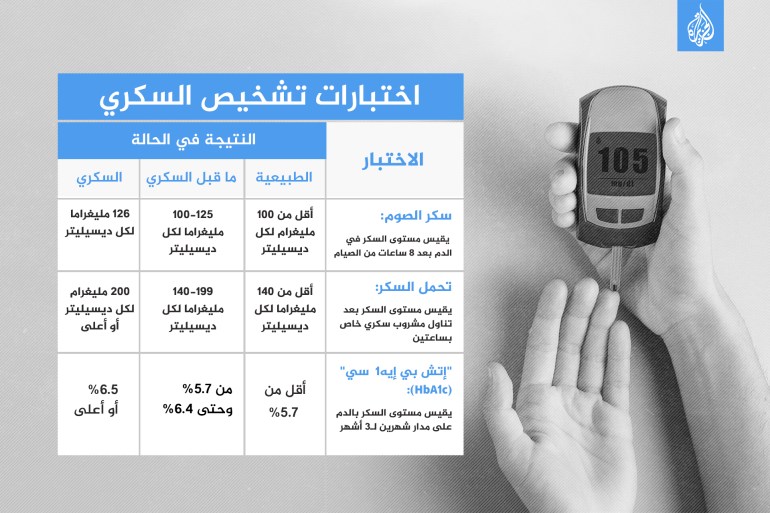Websites are circulating news that drinking pomegranate juice lowers blood sugar, how credible is this?
What are the effects of pomegranate juice on blood glucose?
The news circulating about a study, but this study is not new, and it was published in 2020, but websites have covered it these days.
We will present this study, and we will also reveal its determinants that were overlooked when it was traded.
The study was conducted by researchers, including Jing Wang and Sijia Wang from the University of California Los Angeles, and published in the journal Current Developments in Nutrition, with the aim of studying the "Glycemic Effect". for pomegranate juice.
The 'glycemic effect' is the way a food or drink affects blood glucose levels.
The study included 21 people, including 12 healthy people with low fasting insulin, less than 995 pg/ml, and 9 healthy people with high fasting insulin, more than 995 pg/ml.
Participants were randomly assigned to drink 8 ounces (237 milliliters) of one of three drinks:
water.
pomegranate juice.
Water added to it about 18 grams of glucose and 18 grams of fructose, which is the same amount of sugars found in the same amount of pomegranate juice.
The participants were measured blood glucose ("fasting glucose") while they were fasting, then they were given the drink, and blood glucose was measured after 15, 30, 60, 90, 120, 150 and 180 minutes.
The results were:
There was no change in blood sugar in the water group.
Participants who had low fasting insulin and drank pomegranate juice had a significant decrease in glucose after 15 minutes compared to those who drank water mixed with fructose and glucose.
But the insulin levels were similar.
Participants who had elevated fasting insulin and drank pomegranate juice had the same glucose level after 15 minutes compared to those who drank fructose-glucose water, meaning that the pomegranate juice did not affect their glucose lowering.
On the other hand, it was observed that insulin increased significantly after 15 and 30 minutes.
What do the results mean?
The results say that when comparing pomegranate juice with a drink containing the same amount of sugar, it was observed that blood sugar was lower in a certain group, those who have low fasting insulin.
The researchers said the ingredients in pomegranate juice are likely to regulate glucose metabolism in the body.
Pomegranate juice then does not lower blood sugar, but actually raises it less compared to the same amount of water mixed with sugar.
This means that pomegranate juice raises blood sugar less in a certain group than a sugary drink.
The good news is that pomegranate juice may help your efforts to control blood sugar, if you drink it instead of a sugary fizzy drink, for example, because it raises sugar less.
But provided you are from the group that has low fasting insulin.
If you have diabetes, consult your doctor first, and pomegranate juice can then be added to your diet, with the need to deduct its sugar content from your daily carbohydrate intake.
pomegranate juice benefits
Pomegranate juice is rich in substances that help improve your health, such as:
Antioxidants, it contains "polyphenols", which are powerful antioxidants.
The antioxidants in pomegranate juice can help remove "free radicals" (molecules that cause cell damage and play a role in aging and cancer), protect cells from damage and reduce inflammation.
It is believed that the antioxidants in pomegranate juice and its high concentration may slow the progression of Alzheimer's disease and protect memory.
Vitamin C. The juice of one pomegranate contains more than 40% of your daily vitamin C needs.
Drinking pomegranate juice daily may also help lower systolic blood pressure.
Pomegranate juice contains vitamin E, folic acid, potassium and vitamin K.

